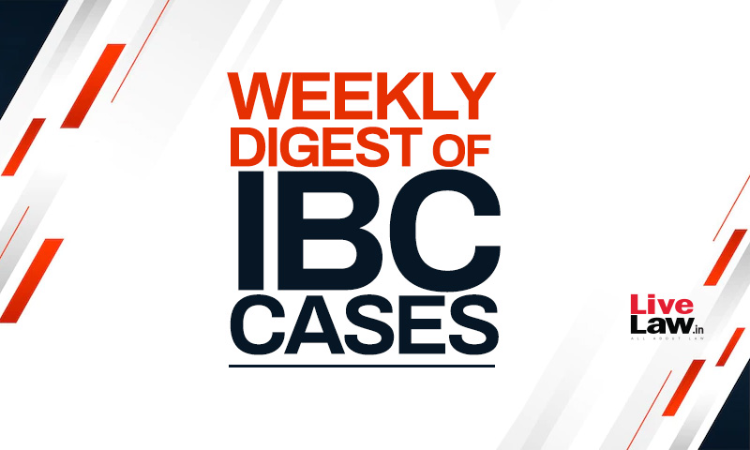Next Story
23 Jan 2023 5:00 PM IST
NCLAT NCLAT Delhi Upholds Dismissal Of Application Seeking Restraint On Oyo From Proceeding With IPO Case Title: Jagadish v Oyo Hotels & Homes Pvt. Ltd. Case No.: Company Appeal (AT) (Insolvency) No. 1408 of 2022 The National Company Law Appellate Tribunal (“NCLAT”), Principal Bench, comprising of Justice Ashok Bhushan (Chairperson) and Mr. Barun...

